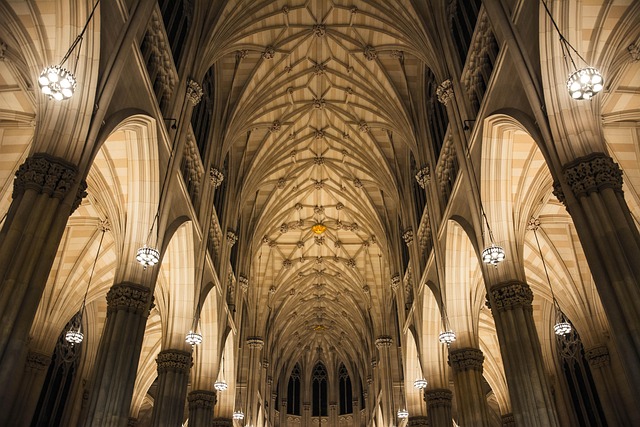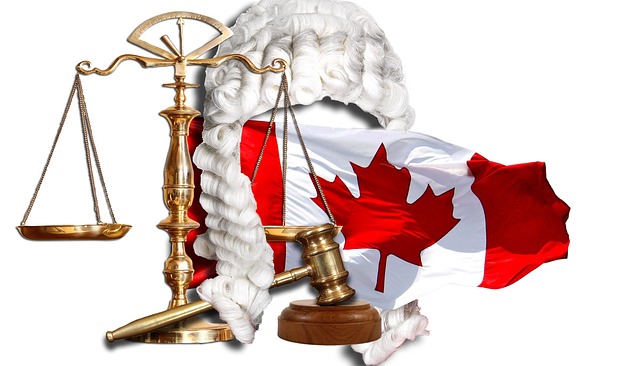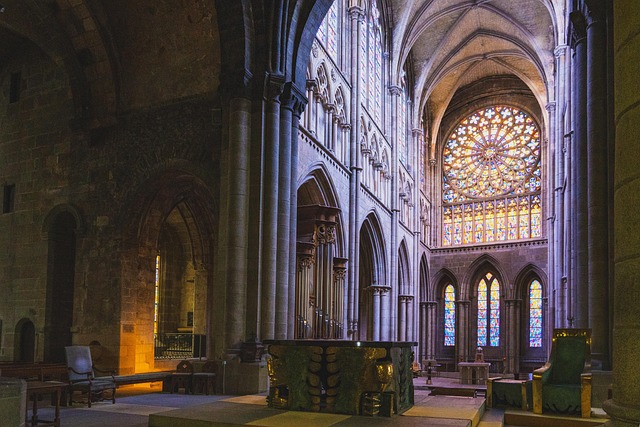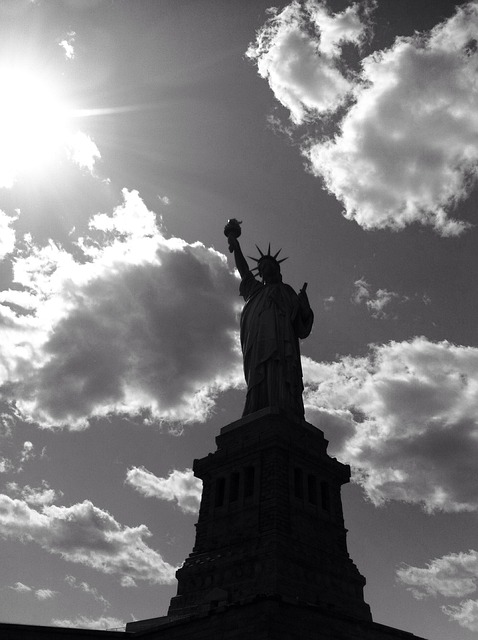Clergy abuse, especially within the Catholic Church, has gained significant attention with survivors sharing their stories. Recognizing patterns like inappropriate contact, manipulation, or isolation is key to identifying and supporting victims. If warning signs are observed, report incidents to authorities and church officials. In New York State, victims have legal rights and can consult a clergy abuse attorney in Rochester, NY for guidance and support. Such attorneys help navigate complex laws, file lawsuits, and pursue compensation for injuries. Acting promptly is crucial due to time limits on filing claims. Specialized expertise is essential for handling these sensitive cases, ensuring confidential information protection and advocating for victims' rights within both religious and legal systems. Support includes connecting survivors to counseling, therapy, advocacy programs, local support groups, and non-profit organizations dedicated to fighting clergy abuse.
In Rochester, NY, victims of clergy abuse face complex challenges. Understanding the patterns and red flags of such abuse is crucial for recognition and reporting. This article guides you through the process, from recognizing your rights as a victim to navigating the legal system with the help of an expert clergy abuse attorney in Rochester. We’ll explore how to choose the right representation, understand the legal process, and access support resources for healing. For those seeking justice in New York State, this is a comprehensive resource.
Understanding Clergy Abuse: Recognizing the Patterns and Red Flags
Clergy abuse, particularly within the Catholic Church, has been a prevalent and sensitive issue in recent years, with many survivors coming forward to share their stories. Recognizing patterns and red flags is crucial for identifying instances of clergy abuse and supporting victims. Common indicators include unusual behavior from the priest, such as inappropriate physical contact or explicit sexual remarks, often targeted at minors or vulnerable individuals.
Additionally, recurring themes like manipulation, guilt-tripping, or isolating the victim from support networks can be warning signs. Some priests may exploit their position of power by exerting emotional control, demanding secrecy, or displaying erratic behavior. If these patterns are observed, it is essential to report such incidents to the appropriate authorities, including local law enforcement and church officials, to ensure the safety and well-being of potential victims. Consulting a clergy abuse attorney in Rochester, NY, can provide guidance and support for those affected by such traumatic experiences.
The Legal Rights of Victims: Seeking Justice in New York State
In New York State, victims of clergy abuse have specific legal rights and options available to them. If you or someone you know has experienced harm or assault at the hands of a Rochester priest or any member of the clergy, it’s crucial to understand your entitlements. A dedicated clergy abuse attorney in Rochester NY can guide victims through the complex legal process, ensuring their rights are protected every step of the way.
Victims have the right to seek justice and hold accountable those responsible for such acts. A qualified lawyer specializing in clergy abuse cases can help navigate the legal system, file a lawsuit if necessary, and pursue compensation for any physical, emotional, or psychological injuries incurred. It’s essential to act promptly, as there are time limits on filing claims, so taking immediate action is critical in these sensitive matters.
Choosing the Right Attorney: Expertise in Handling Sensitive Cases
When seeking legal counsel for a sensitive case involving clergy abuse in Rochester, NY, it’s crucial to choose an attorney with specialized experience in this area. The nuances and unique challenges presented by such cases demand a deep understanding of not only the law but also the specific dynamics at play when addressing allegations against religious figures.
An accomplished clergy abuse attorney in Rochester will have navigated complex legal landscapes, ensuring your case receives the meticulous attention it deserves. They should possess expertise in handling matters that often involve sensitive and emotional issues, maintaining confidentiality, and navigating institutional policies while advocating for your rights. This specialized knowledge is vital to achieving a favorable outcome and providing support throughout an undoubtedly challenging process.
Navigating the Legal Process: From Reporting to Trial
When a member of the clergy is accused of abuse, navigating the legal process can be complex and challenging. The first step for victims is to report the incident to the appropriate authorities, which often includes local law enforcement and church officials. A clergy abuse attorney in Rochester, NY, plays a crucial role here by guiding victims through this initial phase, ensuring their rights are protected and that they receive the support they need.
As the case progresses, the attorney will help build a strong legal strategy, gathering evidence, interviewing witnesses, and preparing for potential trials. In cases of clergy abuse, it’s essential to have a lawyer who understands the unique circumstances and can advocate for the victim’s rights within the religious community and the legal system. The journey from reporting to trial requires careful navigation, and a skilled attorney is vital in ensuring justice is served.
Support and Resources for Survivors: Healing Beyond the Courtroom
When facing charges related to a clergy abuse case, survivors need more than legal representation; they require support and resources for their emotional healing. This process can be challenging, especially when navigating the criminal justice system while dealing with the trauma of clerical abuse. A skilled clergy abuse attorney in Rochester, NY, understands this unique set of challenges and can help connect clients to specialized support services. These services might include counseling, therapy, or victim advocacy programs tailored to address the specific needs of individuals who have experienced such profound violations.
Beyond legal aid, there are various organizations and community resources available to support survivors. Local support groups, for example, offer a safe space for sharing experiences and connecting with others who have faced similar circumstances. Additionally, many non-profit organizations dedicated to fighting clergy abuse provide counseling services, literature, and educational materials to help individuals process their trauma and rebuild their lives. These resources collectively aim to empower survivors, ensuring they receive holistic care as they heal and pursue justice in the wake of such heinous acts.






